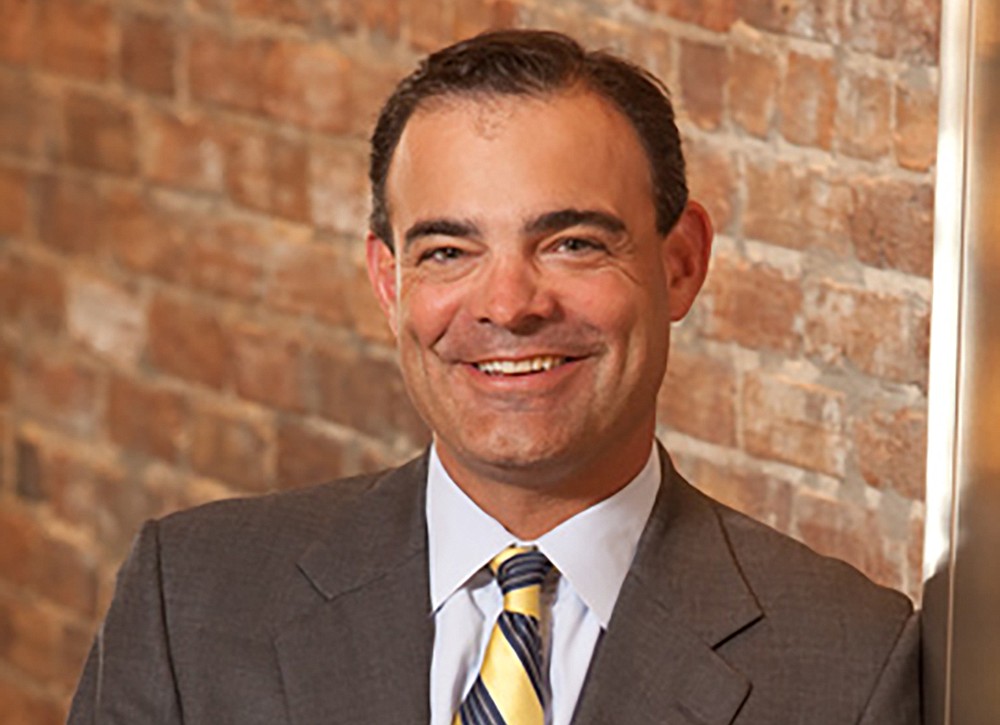Special Offer: $5 for 2 Months!
Your free article limit has been reached this month.
Subscribe now for unlimited digital access to our award-winning business news.

Who or what inspired you to become a lawyer?
When I was in middle school, I became very interested in politics and I remember someone saying that I should go to law school. At that time, I certainly did not understand what being a lawyer would entail, but after that, I never considered anything else.
How do you relate your undergraduate degree to your practice of law?
My undergraduate studies focused on Greek and Roman civilization. I took quite a bit of Latin. From a language standpoint, there clearly has been applicability. My curriculum involved a lot of reading and writing that has also been beneficial in my professional life.
How did you decide your practice area?
My primary practice area is business litigation. This is a broad practice area that includes any kind of contract dispute as well as business torts. At least half of my practice involves construction-related contract disputes, including construction defect claims, lien claims, vendor disputes, licensure issues, professional liability claims and surety claims. My father is a farmer and in the agricultural construction business, principally irrigation and underground utilities. I worked for my father through college on a construction crew. This background played a significant factor in my practice selection.
What has been the biggest change in your practice area since you passed the Bar?
The advent of electronically stored data, and the costs associated with management and production of electronic data, has materially affected commercial litigation. Email, text messaging and social media communication has significantly increased written communications and correspondingly increased the cost of discovery.
What do you think will be the next biggest change in your area of law?
The effect the internet and in particular, social media, will have on business development and delivery of certain legal services to business clients in the coming years will be very interesting. Consumer legal services are already the target of substantial internet advertising and marketing. Commercial legal services are next.
If I could change anything in the legal system, I would ...
Improve access to justice. The demand for legal services follows only death and taxes, it’s ever-increasing. From family law, criminal justice demands, juvenile justice and immigration to civil claims involving credit defaults and landlord/tenant issues, there is no end to the legal needs of our community. We have got to find a way to more effectively deliver legal services to those in need.
What community service have you pursued and why that?
I am currently serving on the Downtown Investment Authority. I am very passionate about Jacksonville’s Downtown district. I have worked Downtown for over 20 years and witnessed many efforts to revitalize the area. As a Downtown business owner, I am excited about the ongoing developments in our core, both on the north and south banks. I previously served two terms on the Jacksonville Ethics Commission, including successive years as chair of the commission. In addition, I served four terms on the board of trustees of Riverside Presbyterian Day School and was ordained as an elder in Riverside Presbyterian Church. I am also a member of the Rotary Club of Jacksonville.
What’s your advice for new lawyers?
Work hard at learning how to be a good lawyer. Find a mentor, whether a partner in the firm where you work or through the Bar. Some of the most important parts of the practice are not covered in the books you read in law school. From basic practice tips, to the expectations of various judges in your circuit, to the proper methods to communicate with opposing counsel, mentorship is critical.
Your free article limit has been reached this month.
Subscribe now for unlimited digital access to our award-winning business news.